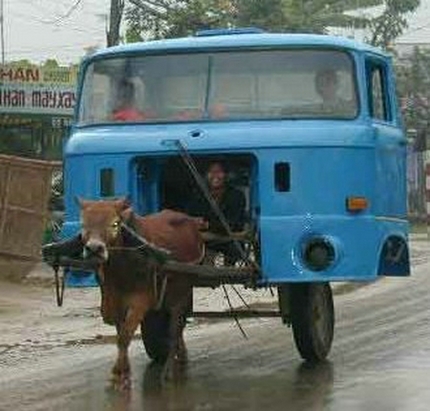It is always an exciting time getting used to living in a new city, and especially one so exciting and fast-moving as Madrid. It just seems to be so much to do and see and if too few hours in the day. Getting used to the culture of a new place represents different challenges for different people with many inclined to try and recreate the conditions that they enjoyed in the city where they have made their home previously to moving to Madrid.
The first step, is decide which part of Madrid best suits your needs as far as accommodation is concerned, both in terms of location, size and monthly costs. Doing so on will inevitably require the assistance of a local expert in real estate who knows the city inside out and is capable of rapidly pointing the fresh Madrid resident to a long list of real estate options. And that’s the reason why a large number of new arrivals to the city beat a path to the door of the ShMadrid offices, one of the top rental agencies, providing personal and friendly service and acting as a top class source of affordable Madrid apartments for rent.
Do you want to have your parking guaranteed when you arrive?

Once that first and vital step has been taking care of then the new resident or residents can begin to spread their wings a little and the discover as much as they want about the city. The first thing they will probably observe is, like most other European cities, Madrid has more than its fair share of cars and the traffic problems that go with it. Despite that fact, and bearing in mind that Madrid has a more than adequate public transport system as well as taxi services and car hire facilities, many people still enjoy the independence of the have their own car at their disposal.
Temporary residents to Madrid are allowed to purchase and run their own vehicles, as long as they meet the general laws and bylaws of the country, which are identical in all of the EU member countries. When setting out to buy a used car, the potential owner is to make sure that the vehicle they have an eye on has all the necessary paperwork before making a purchase.
These are the following:
-
 A specific form known as the Permiso De Circulación, which as the name suggests is permission for the car to be legally in circulation and provide such an important identification details as the make and model, year of first registration, registration number, chassis number and the name and address of the current owner. If the car is being bought car from a used car lot and especially privately stuff about idea to compare the identification details of the current owner to their identity card. If they are genuine they will have no problem doing this, but if something is not legitimate about the car they will try their best to shy clear. In which case it would be better to walk away
A specific form known as the Permiso De Circulación, which as the name suggests is permission for the car to be legally in circulation and provide such an important identification details as the make and model, year of first registration, registration number, chassis number and the name and address of the current owner. If the car is being bought car from a used car lot and especially privately stuff about idea to compare the identification details of the current owner to their identity card. If they are genuine they will have no problem doing this, but if something is not legitimate about the car they will try their best to shy clear. In which case it would be better to walk away - The second document you should ask to see comes under the title of Inspección Técnica almost all the locals calls it the ITV. The ITV states whether the vehicle is roadworthy or not. Before making any commitment to purchase special care should be made to ensure that the ITV includes full details of the car that match up with the Permiso De Circulación, and that it is clearly stamped and dated by a registered licensing authority. It goes without saying that the ITV should be current, and like anywhere else in the world the length of the current ITV should have a direct effect on the price.
- The last and probably the least important document that should come with the car is the Impuesto Sobre Vehiculos (ISV), which literally translates to a current road licence fee. Special care should be taken in the event that the car does not have a current ISV to ensure that its ITV is legitimate and current.
If all these procedures are taking care of properly then there are a number of other procedures to follow, which in many cases are taken care of by the seller. Once the necessary paperwork has been completed and the money changes hands, then the new Madrileños can take to the roads of Madrid and its surrounding areas and further enhance their stay in the country.







